Alumni will go on to successful careers as:
- Architectural historians
- Archivists
- Grant managers
- Museum collections specialists
- Librarians
- Community engagement coordinators
- Historians
- Educators
- Historical consultants
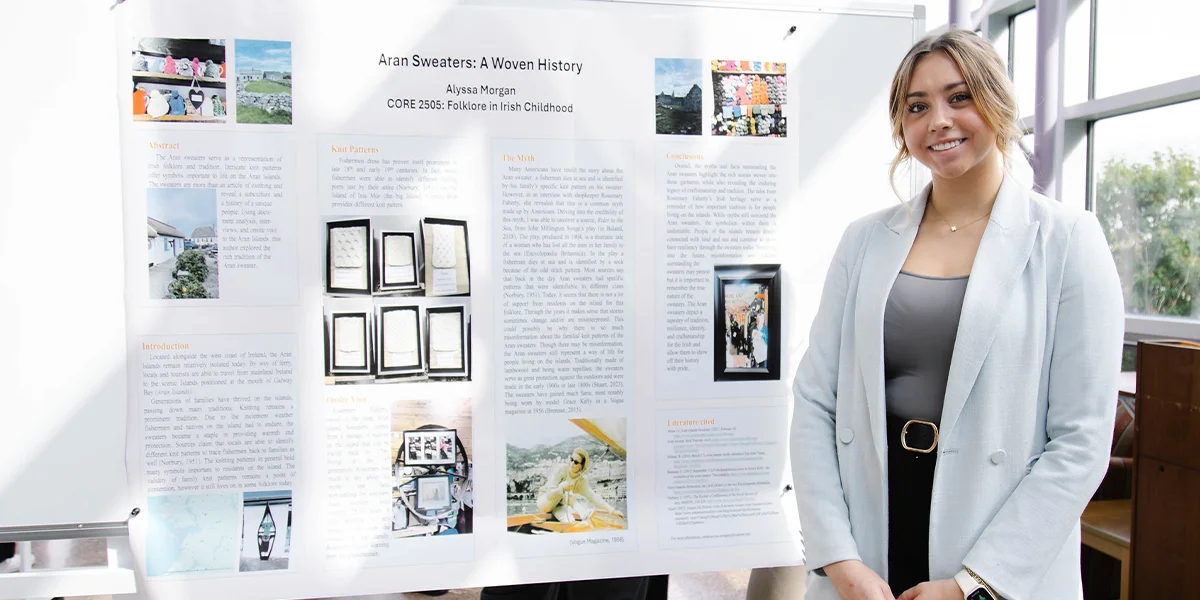
Students studying public history at Saint Vincent College will learn that history isn’t just about the past—it’s made and remade in the contemporary world. Through hands-on experiences both in and out of the classroom, they explore how historical understanding is applied in real-world contexts. As part of the History Department, public history students build a strong foundation in historical study and complete a thesis alongside history majors. Whether creating virtual exhibits or digitizing collections, they gain valuable historical knowledge, develop project management skills, and learn specialized techniques to bring history to life.
Phone:
800-782-5549
Ext. 2500
Email:
admission@stvincent.edu
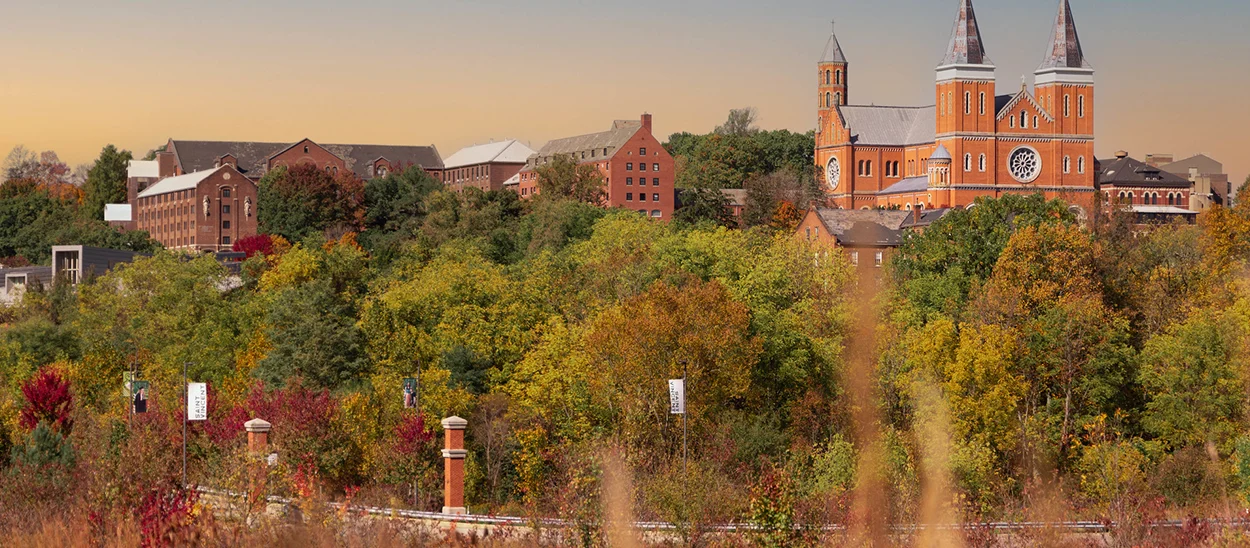
Saint Vincent College is proud to be among the first institutions in the nation to offer a dedicated major in public history. With only 16 programs like it across the country (as recognized by the National Council on Public History), our department stands at the forefront of this growing and dynamic field. Students benefit from a rare opportunity to explore history through a public lens—connecting the past to the present in meaningful, community-focused ways.
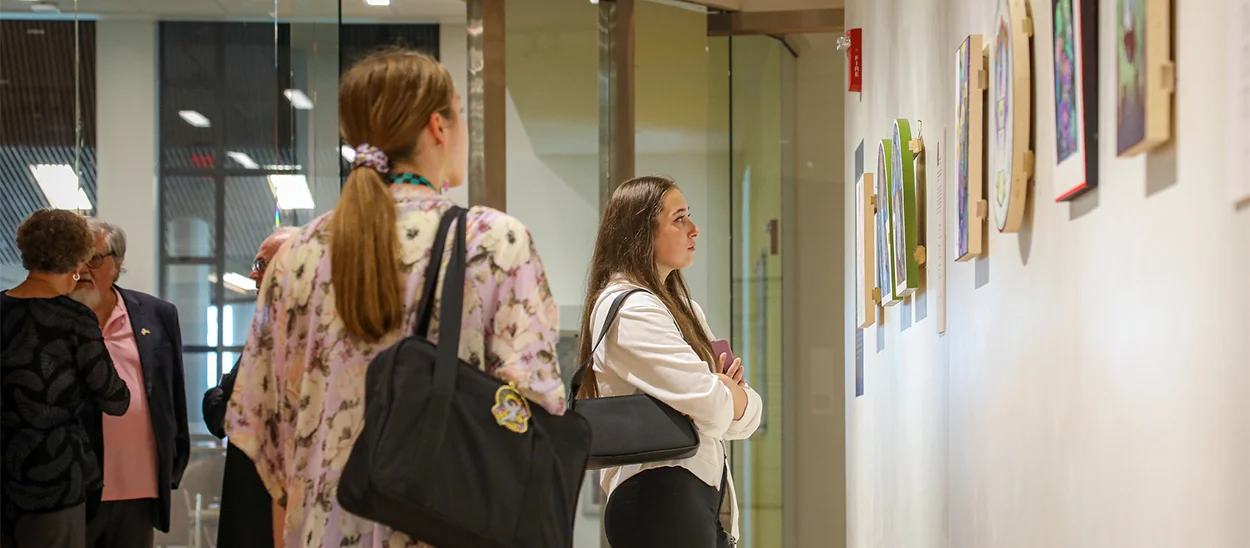
Public history students at Saint Vincent don’t just study history—they create it. Through their senior capstone projects, students have designed and launched digital archives, developed site-specific interpretive plans, written and curated museum-style exhibits, and more—each project tailored to real-world audiences and professional standards. These experiences prepare students to enter the field with confidence, creativity, and a portfolio of impactful work.
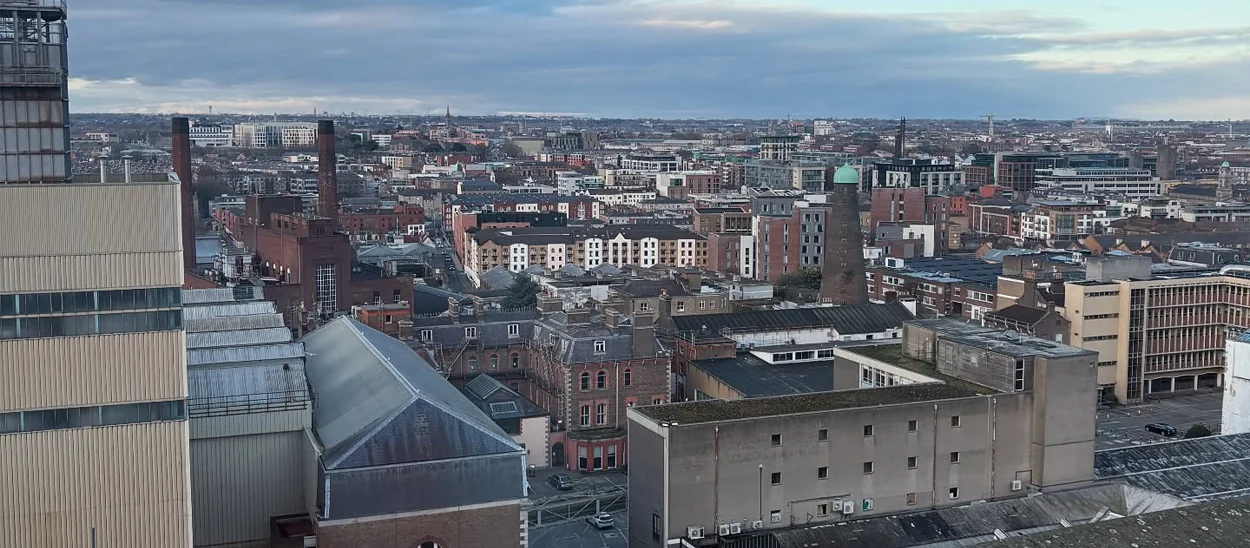
History students can take national and international research trips. Often funded by our Andeoli Travel Grants and Palumbo Grants, these trips provide invaluable hands-on learning and a global perspective on history. Our students have explored archives and historic sites in locations such as London, Dublin, Paris, South Africa, Madrid, New York City, Boston, Washington, DC, North Carolina, Florida, Texas, and many more.
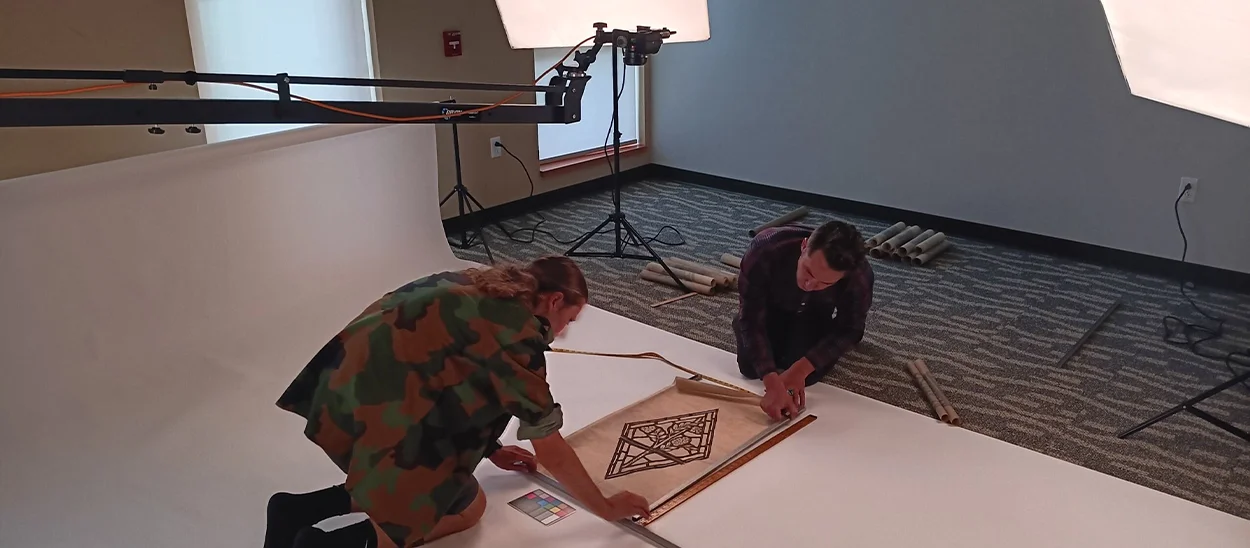
Our students gain valuable skills including archival research, exhibit curation, public speaking, and educational programming during internships at places like Fort Ligonier, Blairsville Area Underground Railroad, West Overton Village and Museum, Lincoln Highway Heritage Corridor.
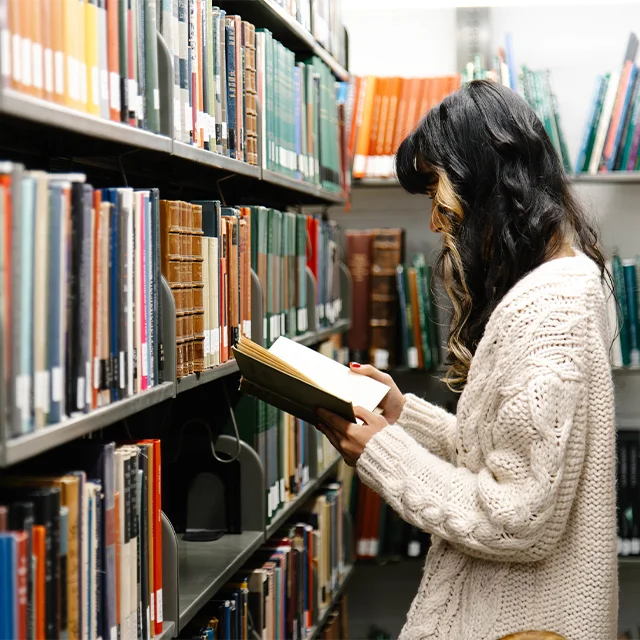
Alumni will go on to successful careers as:
Our students have enrolled in prestigious graduate schools:
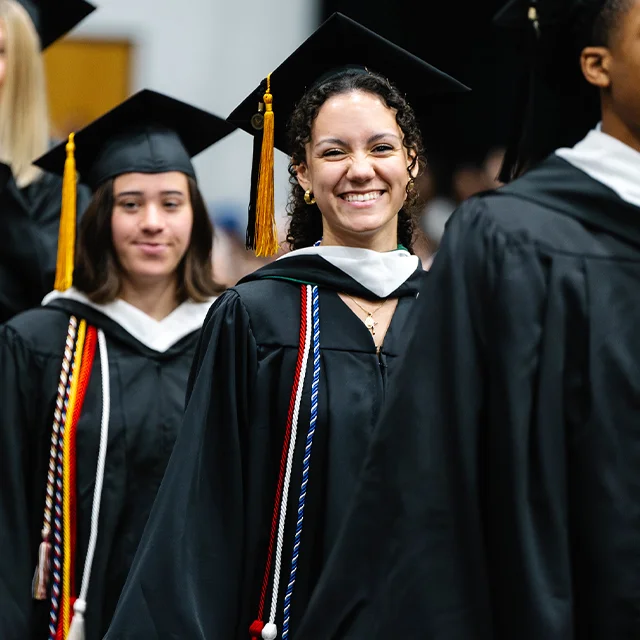

"Studying public history at SVC helped me turn a passion into a career. I was given the encouragement from faculty and experience from work-study/internships needed to pursue further education and land my dream job as an assistant curator at a museum."Kelsie Patton, C’23
Arts and Historical Specialist/Assistant Curator, Oconee County, SC
The Public History major consists of 52 credits. The balance of the 124 credits required for graduation can be composed of electives or courses required for one or more minors or a second major. Students should choose electives in consultation with their major advisor.
The Public History major consists of 52 credits. The balance of the 124 credits required for graduation can be composed of electives or courses required for one or more minors or a second major. Students should choose electives in consultation with their major advisor.
Major Requirements (48 CREDITS)
Public History majors are required to complete two of the following area studies courses for a total of 12 credits at the 100 level:
Upper Division History Classes
Public History majors must take two courses, or six credits, from the 200-level offerings.
Majors-only courses
Public History majors will be required to take HI 100 in their first semester as a major; HI 101: the fall of their sophomore year, HI 300: in the spring of their sophomore year; HI 301: in the spring of their junior year; and HI 302 in the fall of their senior year. 15 credits. The courses are:
Public History Requirements
Public History majors must complete five courses, 15 credit hours, in Public History courses. The courses are:
Public History Electives (3 credits)
Select one from the recommended electives:
18 credits
Required courses:
The remaining credits may come from:
Students are urged to take additional 200-level history courses. HI 201 and HI 202 cannot fulfill history major requirements. The option list may change as new courses are developed; check with the Public History minor director or your advisor for the most current list.

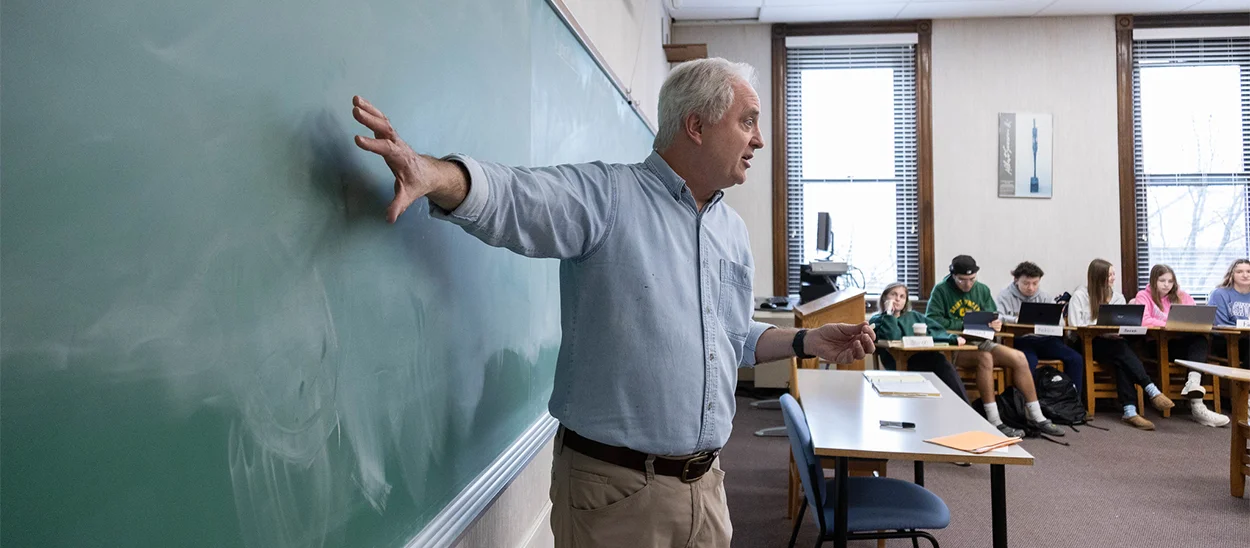
The Center for Northern Appalachian Studies documents the heritage of Northern Appalachia through interdisciplinary study and community projects. It offers students hands-on learning experiences and collaborates with local and international communities to preserve and interpret regional histories.
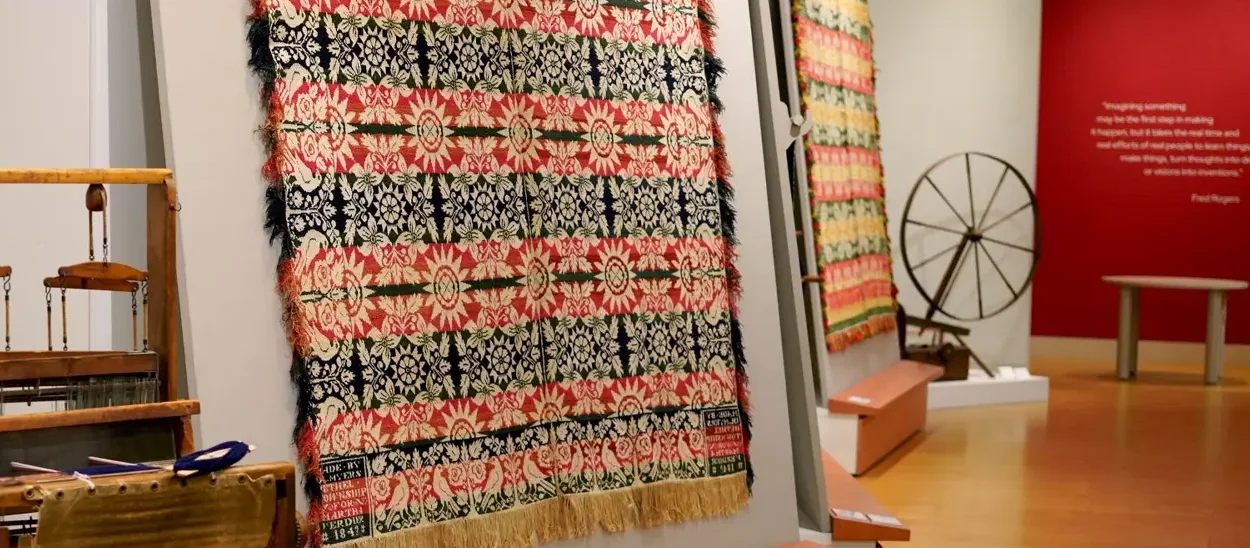
Preserving and interpreting the history of weaving and folk traditions in the Northeastern US, the McCarl Coverlet Gallery offers students hands-on experience through paid work-study positions and internships, and fosters research, exhibits, and educational events centered around its collection of over 300 antique American coverlets.
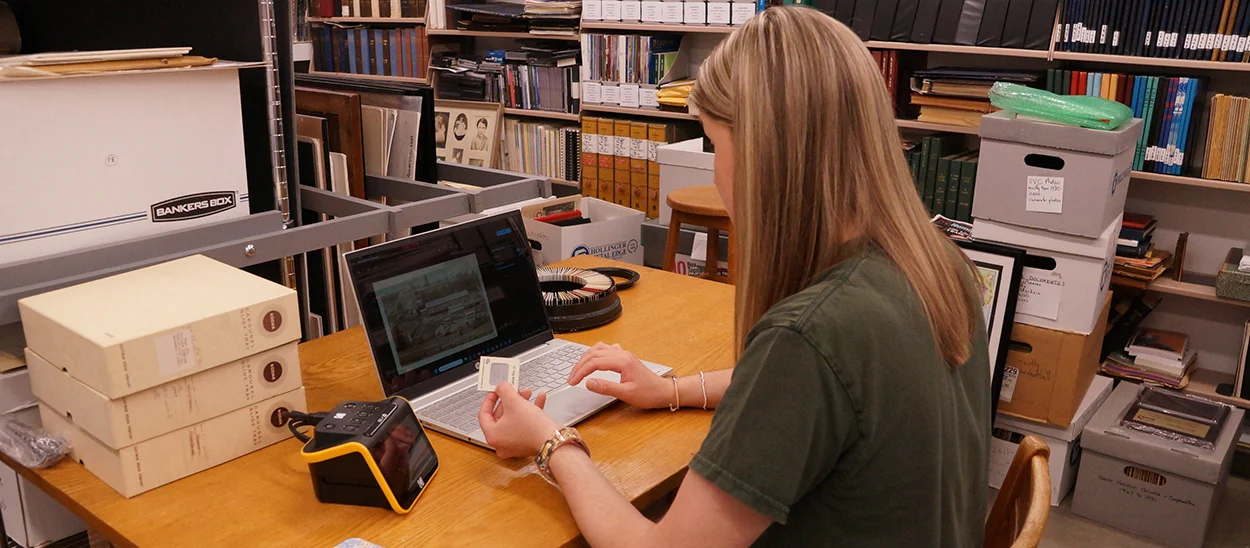
The Archives serve as the repository of artifacts from the college’s long history and as a welcoming host for history interns working with the collections and on exhibits.
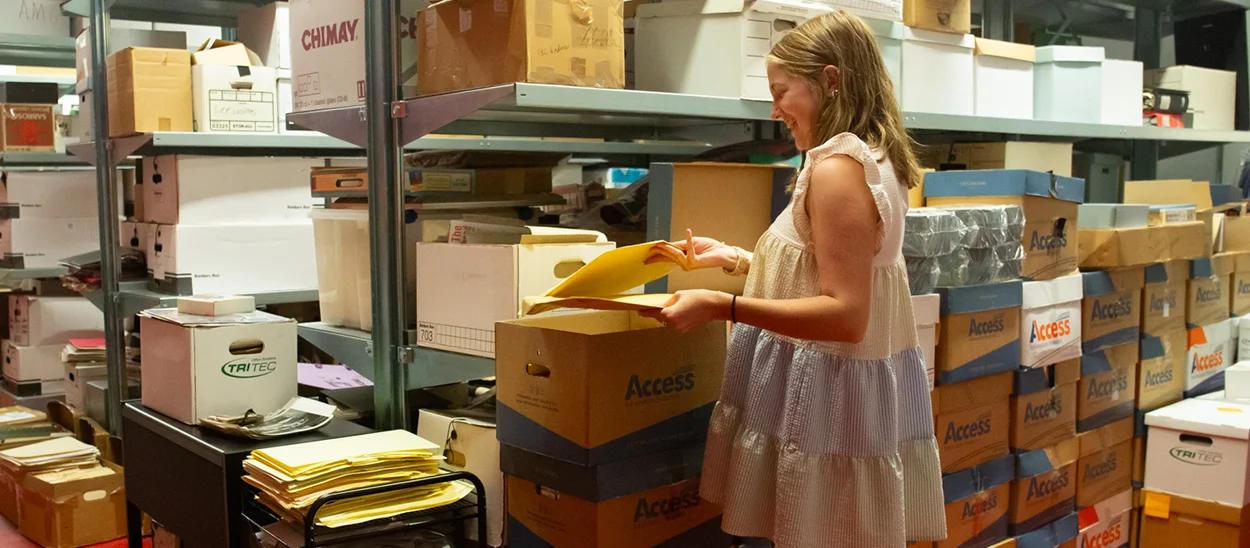
The official repository of materials from Mr. Rogers’ life and work housed in the Fred Rogers Institute welcomes history students doing internships on archival collections and management.
Phone:
800-782-5549
Ext. 2500
Email:
admission@stvincent.edu